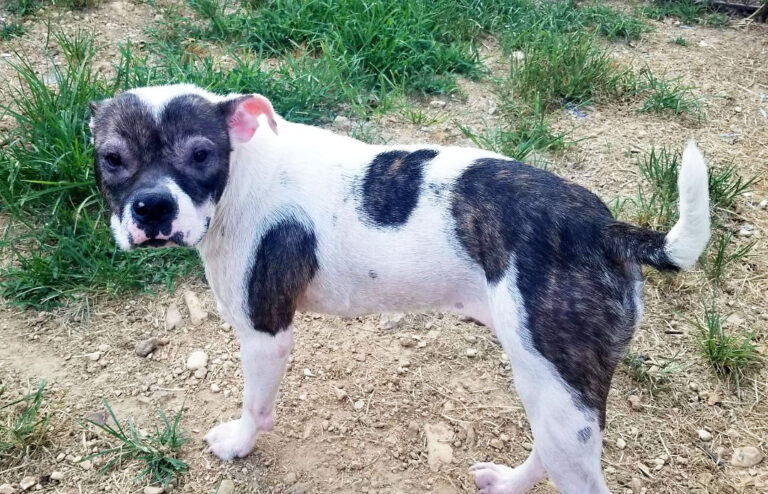
I live with several cocker spaniels. They are smart and affectionate, but sometimes air-headed, impulsive and extremely sensitive. It’s common for friends to describe my dogs as “having ADHD” as one of my canine whirlwinds whizz past.
People are increasingly aware of neurodiversity, and diagnoses such as autism and ADHD (attention deficit hyperactivity disorder) are becoming more common. And scientists are starting to give their attention to the idea that some of our animal cousins may also experience the world in different ways because of diversity in how their brains function. The concept is new, but this research may help deepen our bonds with our pets.
Anyone who has lived with, trained or cared for animals will be aware of how individual their differences in personality can be. But can animals really be neurodivergent? What might this mean for how we care for, train and manage them?
BarkBox - Monthly Dog Subscription Box
Get your puppy the best toys and treats delivered monthly! BarkBox offers premium dog toys, treats, and chews that are perfect for growing puppies. Each box is curated by experts and includes 2 toys, 2 bags of treats, and a chew.
Amazon Puppy Essentials
Everything you need for your new puppy in one place. From crates and beds to food bowls and training pads, Amazon has all the essentials at great prices with fast shipping.
Neurodiversity is a variation in how people behave and how their brains function. This is the result of structural and chemical differences in the brain. But diagnosing animals with human conditions can be problematic.
Animals cannot directly tell us how they perceive the world, or answer typical diagnostic questions. We can only ever describe animal behavior through the lens of our own understanding, for example labeling some dogs as impulsive. For those dogs, however, their outward impulsivity might be normal behavior for their breed, in the same way that many cats are solitary.









